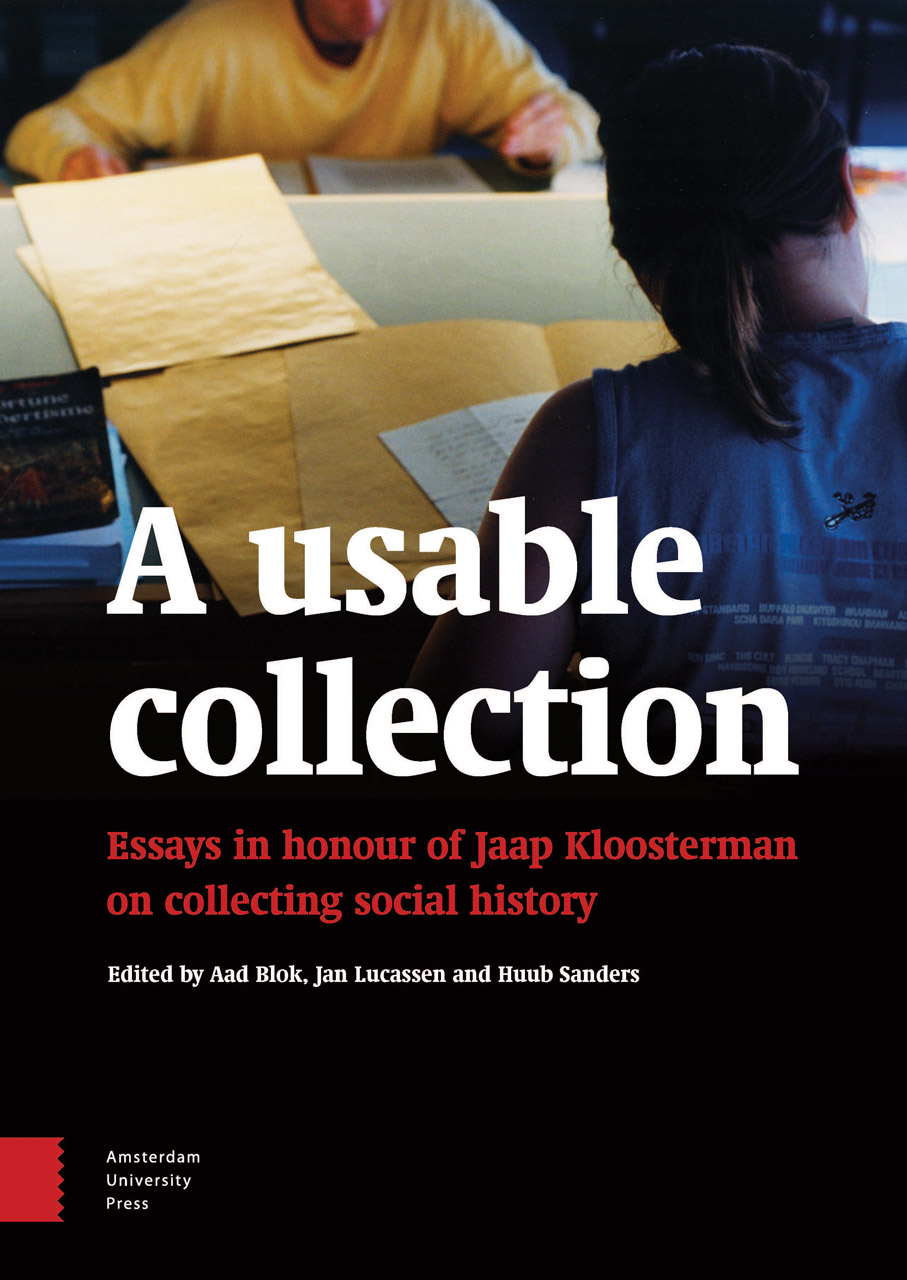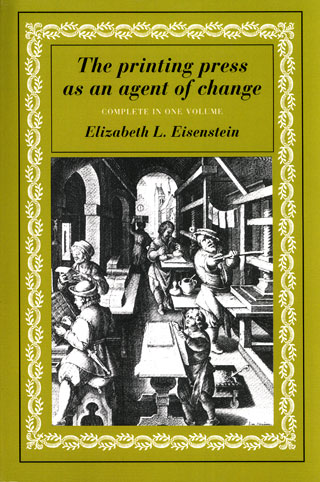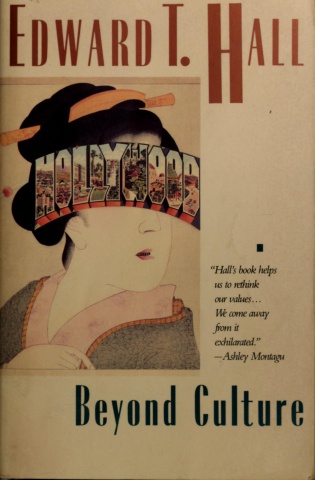A Usable Collection: Essays in Honour of Jaap Kloosterman on Collecting Social History (2014)
Filed under book | Tags: · archive, archiving, collecting, history, knowledge, labour, memory, socialism, society

Established in 1935, the International Institute of Social History (IISH) based in Amsterdam is one of the world’s leading research institutes focused on social history and holds one of the richest collections in the field. This volume brings together thirty-five essays in honor of the IISH’s longtime director Jaap Kloosterman and gives a rare insight into the history of the institute and the development of its collections in particular.
Jaap Kloosterman came to IISH in 1969 to work on the Archives Bakounine, an edition of the collected works of the Russian anarchist. Head librarian in 1985 and deputy director in 1987, he worked as the Institute’s director between 1993 and 2008. He edited works of Mikhail Bakunin, Anselme Bellegarrigue, Carl von Clausewitz, Rosa Luxemburg, Max Nettlau, Anton Pannekoek, and Aleksandr Shapiro, among others, and translated works of Bakunin and Guy Debord. (from profile at IISH)
Edited by Aad Blok, Jan Lucassen and Huub Sanders
Publisher Amsterdam University Press, August 2014
Creative Commons License CC BY NC ND 3.0
ISBN 9789089646880
eISBN 9789048523856 (pdf)
489 pages
Elizabeth L. Eisenstein: The Printing Press as an Agent of Change: Communications and Cultural Transformations in Early-Modern Europe (1979)
Filed under book | Tags: · advertising, antiquity, book, cartography, catalogue, censorship, history of science, image, library, literacy, mathematics, media history, memory, philology, print, propaganda, religion, renaissance

“A key text to understand the role of print on social change and the arts. Professor Eisenstein begins by examining the general implications of the shift from script to print, and goes on to examine its part in three of the major movements of early modern times – the Renaissance, the Reformation, and the rise of modern science. Her masterful and well researched text sets a standard for understanding the social impact of printing.”
Publisher Cambridge University Press, 1979
11th printing, 2005
ISBN 052129951, 9780521299558
794 pages
HT Didgebaba
Reviews: Carolyn Marvin (Technology and Culture, 1979), Anthony T. Grafton (Journal of Interdisciplinary History, 1980), Eric J. Freeman (Medical History, 1981), Eric J. Leed (American Journal of Sociology, 1982), Richard Teichgraeber (History of European Ideas, 1984).
PDF (2 vols., 16 MB, updated on 2022-1-30)
EPUB (2nd ed., 2012, added on 2022-1-30)
See also the collection Agent of Change: Print Culture Studies after Elizabeth L. Eisenstein (2007).
Comment (0)Edward T. Hall: Beyond Culture (1976)
Filed under book | Tags: · anthropology, brain, communication, culture, education, japan, language, memory, space, technology, time

“Edward Hall’s fifth book is both a summary of many themes first raised in his volume on proxemics in 1959 and a fresh insight more reminiscent of a psychologist than an anthropologist. The psychological flavor appears epigramatically in a double index to the book. First there is the ‘Index of IDEAS and techniques of TRANSCENDENCE’. Immediately following is an ‘Index of Themes’ in addition to the normal index one finds in most textbooks. The indexes signal a selfconsciousness of the main proposition advanced by Hall, viz., ‘What is called for is a massive cultural literacy movement that is not imposed but springs from within.’ This movement of the collective individual would begin to relieve the two cultural crises in the contemporary world of human experience. One crisis is the population/environment connection and the other, ‘equally lethal’, is man himself.
The analysis offered by Hall covers 15 chapters beginning with the paradoxical nature of culture, where persons and their mechanical/technological extensions are confused. In a populist flourish, Hall labels this tendency the ‘E.T. screen’. An Extension Transference emerges where one intellectually confuses an extension with the process extended. Hall readily admits this issue is not new, being the focus of the Korzybski heritage of General Semantics. Yet, Hall does make the heuristic point that culture per se is now a prime, systematic example of ET.” (from a review by Richard L. Lanigan, American Anthropologist, 1978)
Publisher Anchor Books, 1976
ISBN 0385124740, 9780385124744
320 pages
Review (Marc R. Tool, Journal of Economic Issues, 1977)
PDF (29 MB, no OCR)
See also his monograph The Silent Language, 1959.

